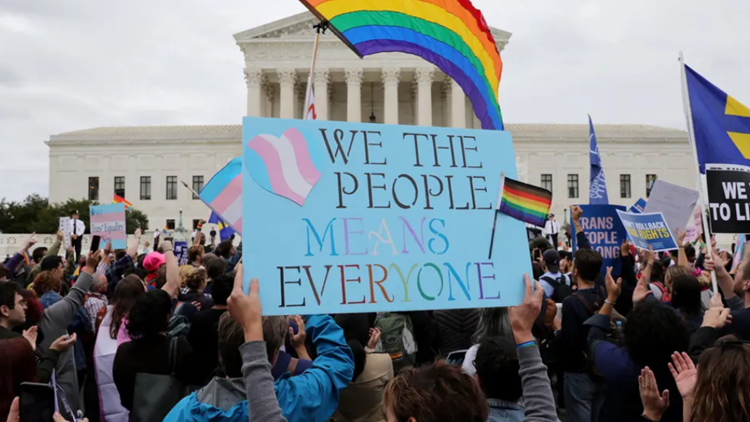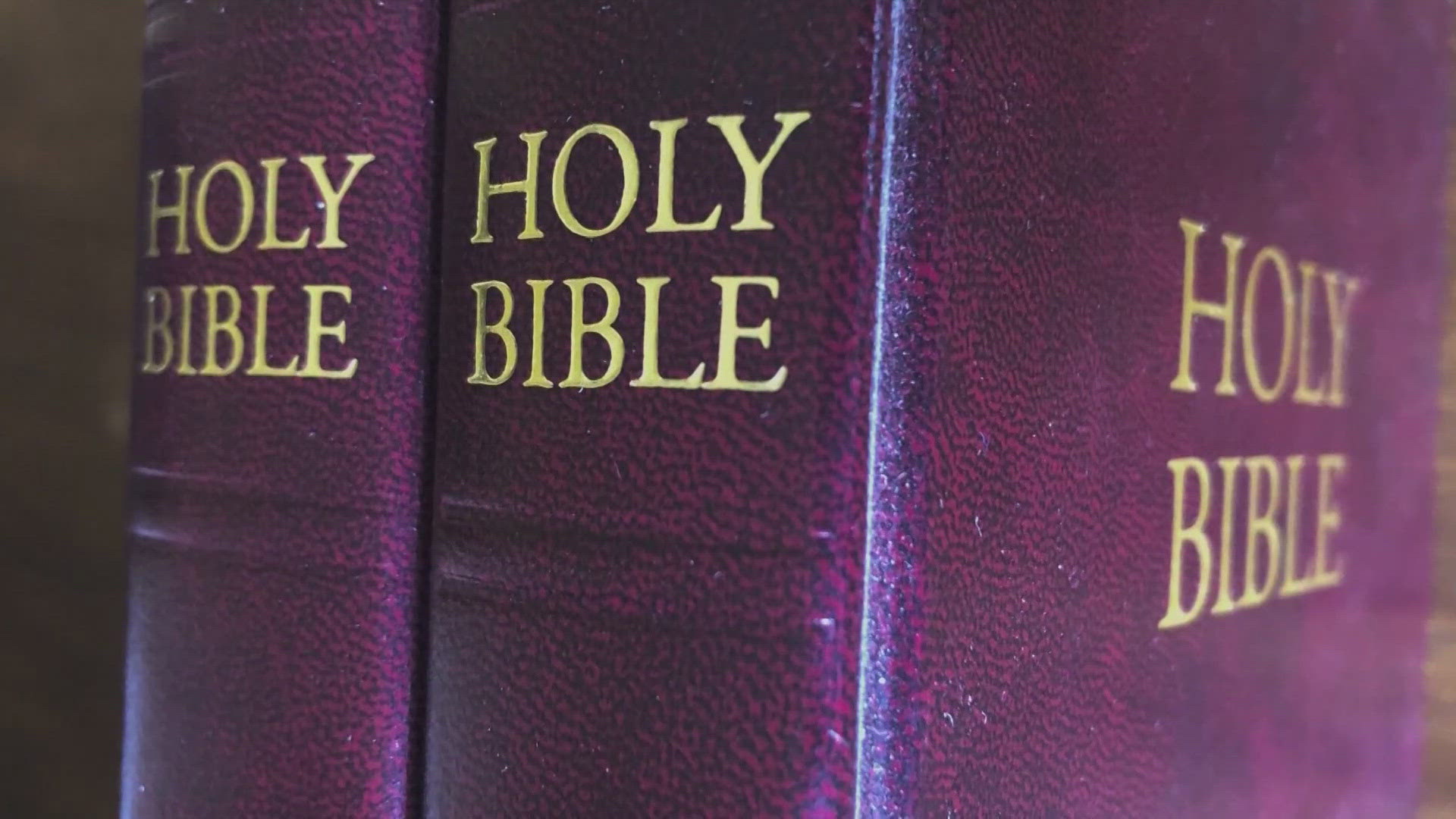This story originally appeared in The Texas Tribune.
In a major victory for gay and transgender workers in Texas and nationwide, the U.S. Supreme Court ruled Monday that federal civil rights law prohibits employers from discriminating against workers on the basis of their sexual orientation or transgender identity.
Texas is among a majority of states that do not offer explicit protections for LGBTQ communities in employment, housing or public spaces, though some of the state’s biggest cities have passed some protections. And the ruling carries particular weight in a state where proposals to expand those protections have historically been dead on arrival at the GOP-dominated Texas Legislature.
Jason Smith, a Fort Worth employment attorney who represented Stacy Bailey, an Mansfield ISD art teacher who was put on leave after showing students a photo of her wife, called the far-reaching ruling a pleasant surprise because it “covers everybody in the rainbow.” He had not dared hope for such a comprehensive opinion, he said.
“I can’t tell you how many phone calls we’ve had at our law office from LGBTQ folks who we had to tell the courts were going to turn their case out,” Smith said.
Now, he said, “we can do something for them.”
In a 6–3 decision authored by Justice Neil Gorsuch, the court ruled that Title VII of the landmark Civil Rights Act of 1964, which bars employment discrimination on the basis of sex, applies to gay and transgender workers as well.
The court ruled on two cases, one about gay men who said they were fired because of their sexual orientation, and another from a transgender woman who said her employer fired her when she said she planned to embrace her gender identity at work.
Many federal courts, including those in and governing Texas, had ruled that Title VII did not protect workers from discrimination on the basis of sexual orientation.
The state’s first LGBTQ Caucus, founded in 2019, announced earlier this summer that it has bipartisan support for a comprehensive non-discrimination law for LGBTQ Texans. Long a legislative push from some Democrats, that proposal has never gone far at the Capitol in Austin, facing particular resistance from Lt. Gov. Dan Patrick and the socially conservative Texas Senate.
“This decision sets us on the path toward full equality,” said Wesley Story, a communications associate for Progress Texas. “Now that the Court has ruled in favor of LGBTQ protections in the workplace, it’s time to expand those protections to other areas including education, housing, and health care. Texas can take the first step in doing this by passing an anti-discrimination law as soon as possible.”
Jessica Shortall, managing director of Texas Competes, a coalition of businesses that make “the economy case for equality,” called Monday’s ruling a major victory — but said there is more work to come on the state level.
“We know from employers that they want to see comprehensive protections for LGBTQ workers and their families,” said Shortall, whose group helped defeat a controversial 2017 “bathroom bill” that would have forbidden transgender Texans from accessing certain public facilities. “It helps them as a competitive tool.”
The Texas Tribune is a nonpartisan, nonprofit media organization that informs Texans — and engages with them – about public policy, politics, government and statewide issues.



